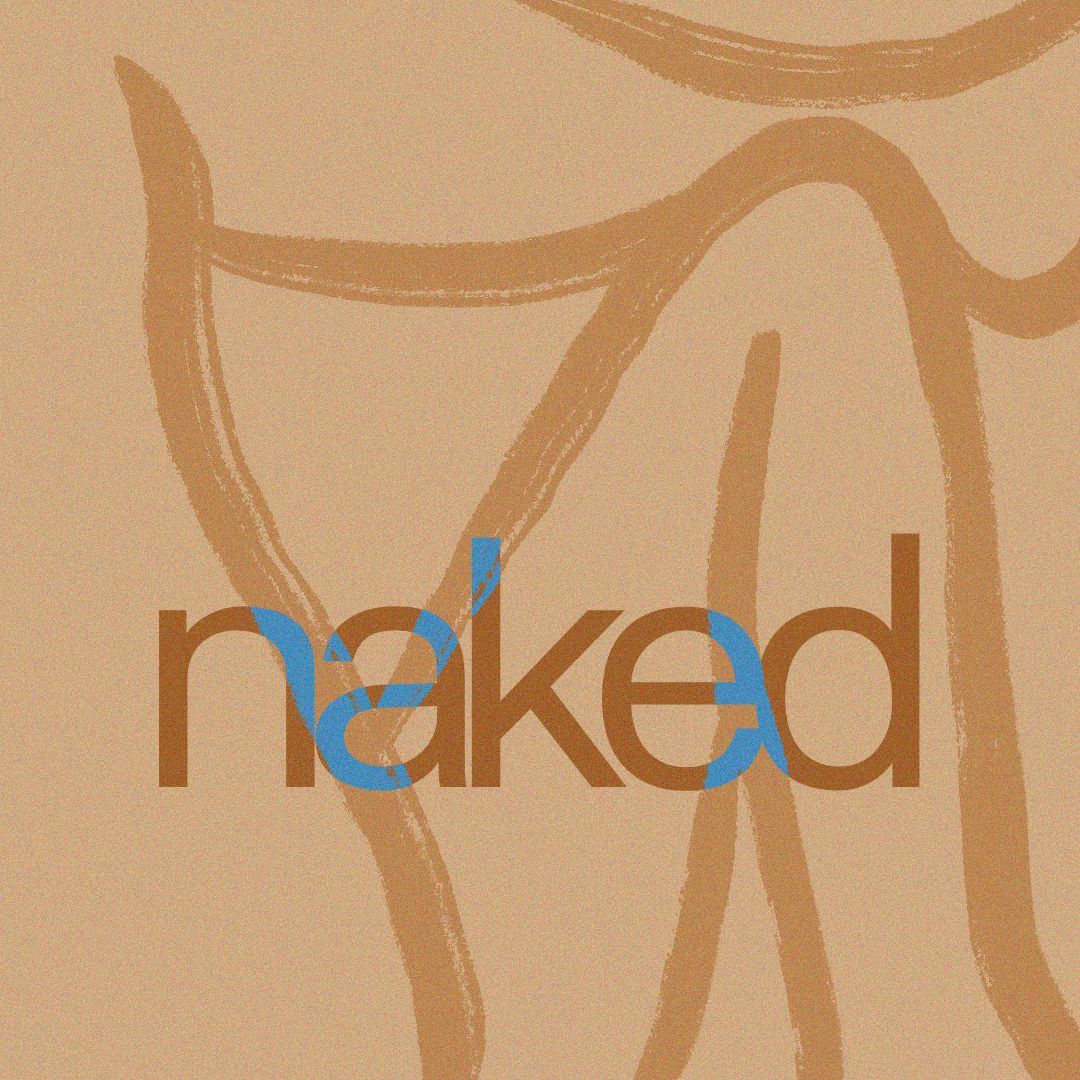Words: Annie Cobain (she/her)
Once upon a time, in a land far, far away, a young man caught your eye from afar, took a fancy to you, crossed the room to politely ask if you would care to dance, and the rest was history. But love is ever-changing. The dynamics of finding love and approaching a love interest are quite different now. As times have changed, customary romantic gestures and chivalrous courtship have been left in the past, leaving many people believing that romance is dead. Is this true? Did love die when we danced the last dance?
As times have evolved, UK dance culture has become increasingly less formal. We no longer go out in the hopes of finding a suitable partner to dance with. Instead, a successful evening is one spent dancing the night away arm in arm with our closest friends. Formal dances have turned into clubbing. Chandeliers collapsed into LEDs. Ball gowns shrunk into miniskirts. But, don’t get me wrong, just because formality has vacated the clubbing scene it does not mean there is no love involved. People still dance together, just not quite in the same way as back in our grandparents’ day.
In the infamous morning-after-a-night-out debriefs with my friends, the subject of boys frequently makes the headlines. Through these conversations, it has become apparent that, instead of being asked to dance, we have become dangerously accustomed to simply feeling a hand on our waist. This is not an invitation: whether we want to or not, they have already made contact with our body. If we compare this to the experience our Grans’ may have had when they would go dancing with their friends, the formality of the past seems sensible. The loss of verbal communication, and therefore of consent, is a threatening aspect of clubbing culture. Thus, asking someone to dance does not just stoke romance, it also promotes safety.
But is it entirely awful that we no longer attend dances? That we are no longer formally asked out? Some of us release a huge sigh of relief that times have changed. We are absolved from the pressure to be the first to approach a partner and engage in flirting. Now that social events are no longer founded on the search of a future partner, dancing can be a fleeting moment of fun on a night out with no further expectations. And let us not forget that being single is empowering. It is a cause for celebration: a night out dressed in your best to impress nobody but yourself. Altogether, our generation’s romance scene has evolved away from formalised gestures and towards something more free-formed and fun.
Unfortunately, this leaves us hopeless romantics twiddling our thumbs in anticipation… I don’t know about you, but being asked to dance and subsequently swung around a ballroom while gazing into the twinkling eyes of your newly-discovered true love is slightly more appealing than someone shouting ‘What’s your Snap?’ into your ear. Whatever way we look at it, romance is losing its zeal. However, while writing this article I realise that I also am guilty of not having performed any “romantic gestures” to someone who tickled my fancy. I asked myself why this is and reached the conclusion that – like most of us, despite how fiercely you may wish to deny it – I am terrified of rejection. It is far easier to dance with a stranger in a low-lit club after a few drinks than to actually approach someone in an exposed setting and show interest at the risk of damaging your pride. If I cannot perform any bold romantic signals, or show interest in someone past desultory flirting in a club, how can I expect anyone else to?
We cannot simply blame the death of romance on the end of the dancing era. Thanks to social media watching and documenting our every move, we have become a more self-conscious generation than our grandparents. Perhaps it isn’t about our lack of care about love in comparison to our grandparents, but that we care too much and, in our vulnerability, we are frightened out of action. Without the environment of formal dances, where it was common to expose attraction in asking someone to dance, it is more intimidating to act on such feelings now. With the dwindling of dances and the atmosphere of a club being much too lustful for the birth of true romance, we must look elsewhere for a meeting ground for love. Perhaps love lies in aisle 3 of Lidl, unable to reach the top shelf to obtain your favourite cereal, your knight in shining armour appears from behind you to lend a helping hand. Or maybe it’s on the Glasgow Subway; a packed Saturday ride leaves you with no seat and you’re squished right next to someone very cute and you steal glances at each other all the way to Buchanan Street (good luck not losing them in the fight to escape the carriage though!). Everyday acts contain the potential for romance to blossom.
And for the romantics out there, who heaved a sigh of melancholy rather than of relief at the disappearance of courtesy, fear not! Love is an uncontrollable force, and as a result it can never truly die. The environments where it is fostered and our approach to love may shift over time but romance itself, in some form or another, will always be present in our lives. We just need to know where to look. So, I propose a challenge. The next time someone catches your eye, be bold; ask them to dance, incite conversation, compliment their corduroy trousers. Invite romance back into your life.

